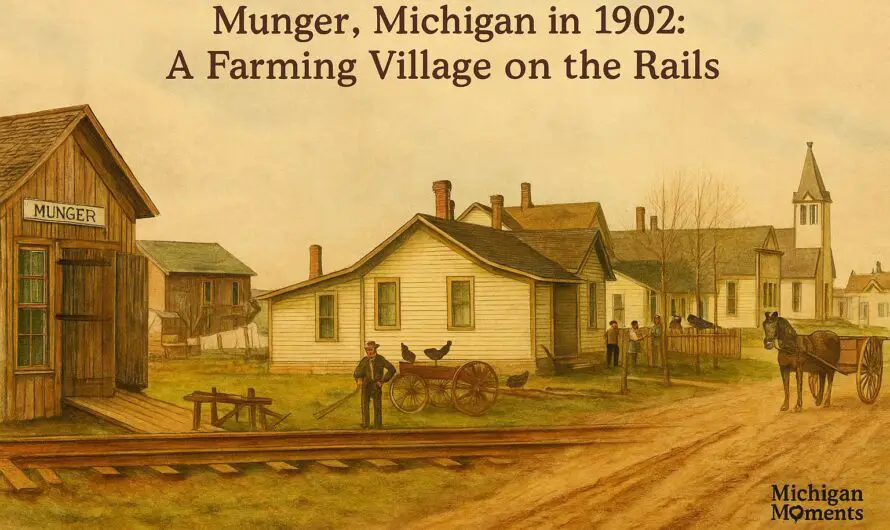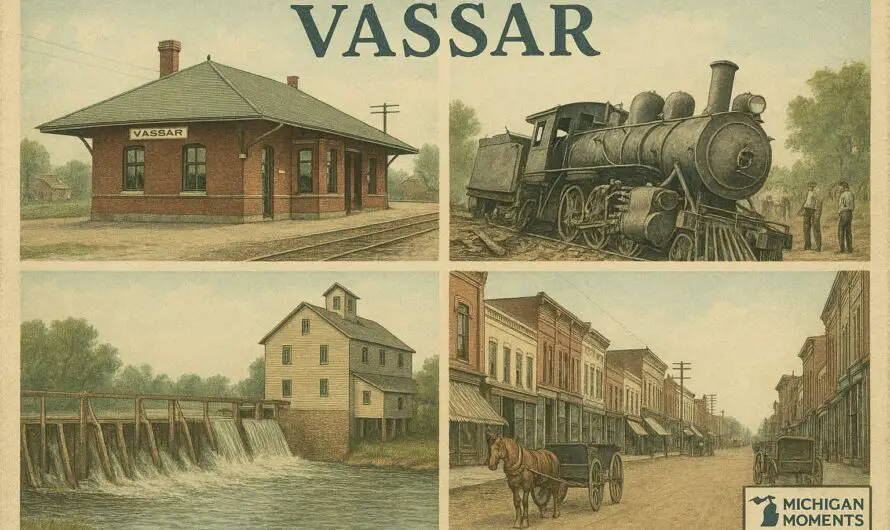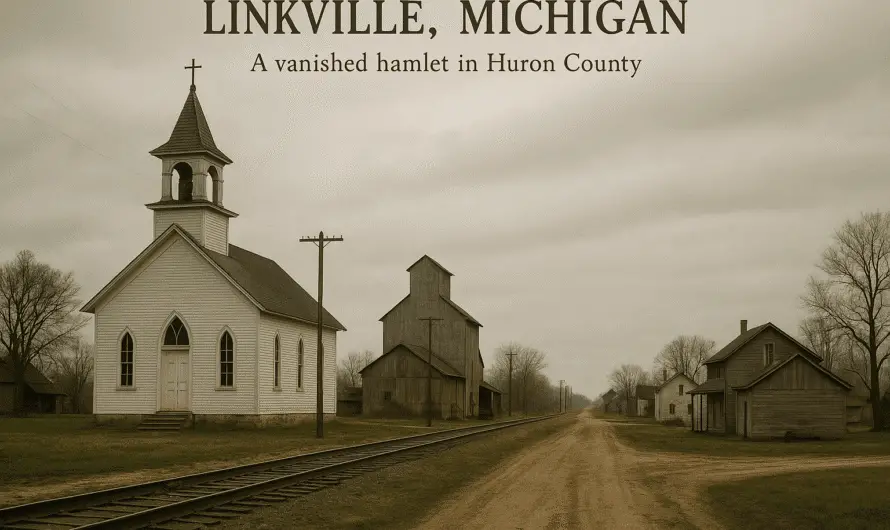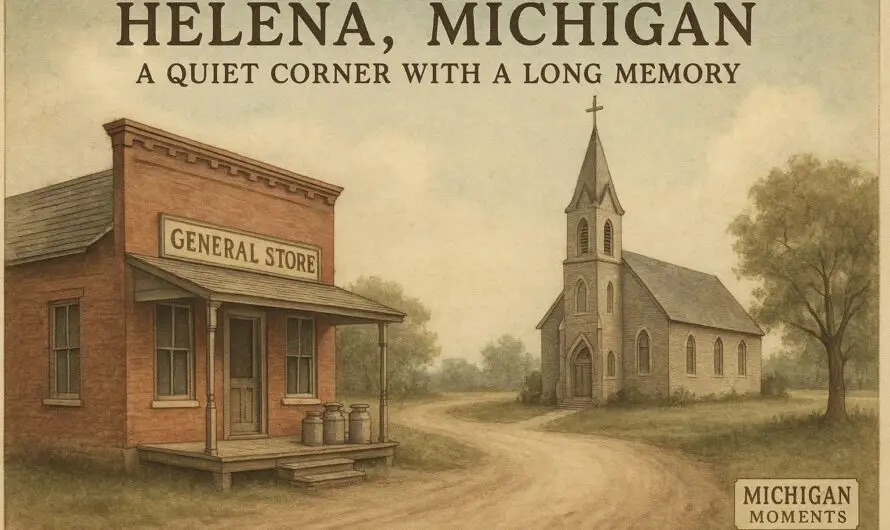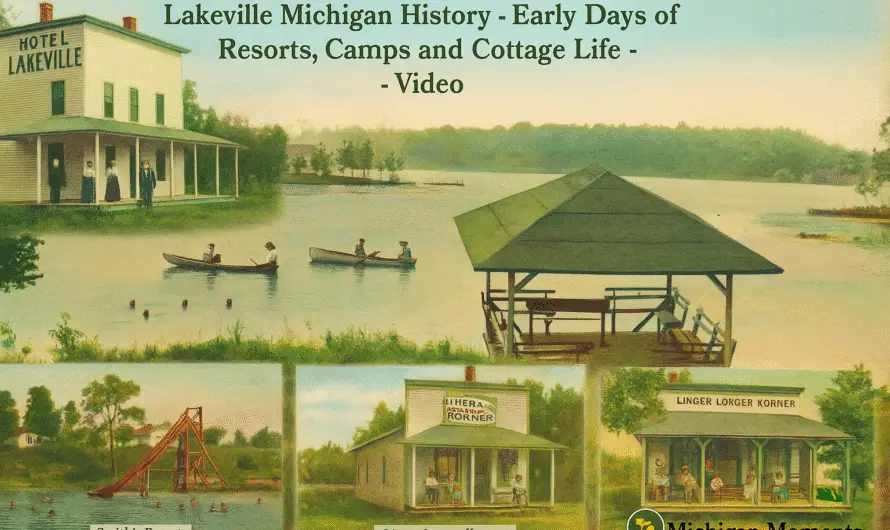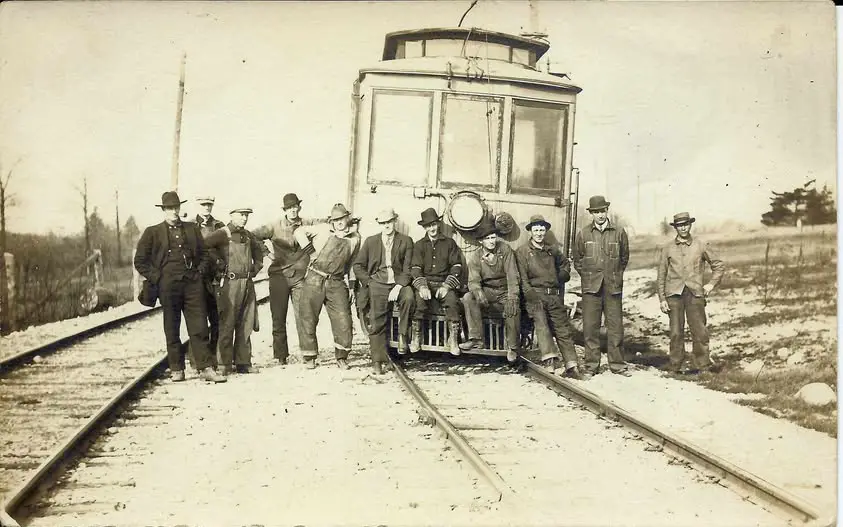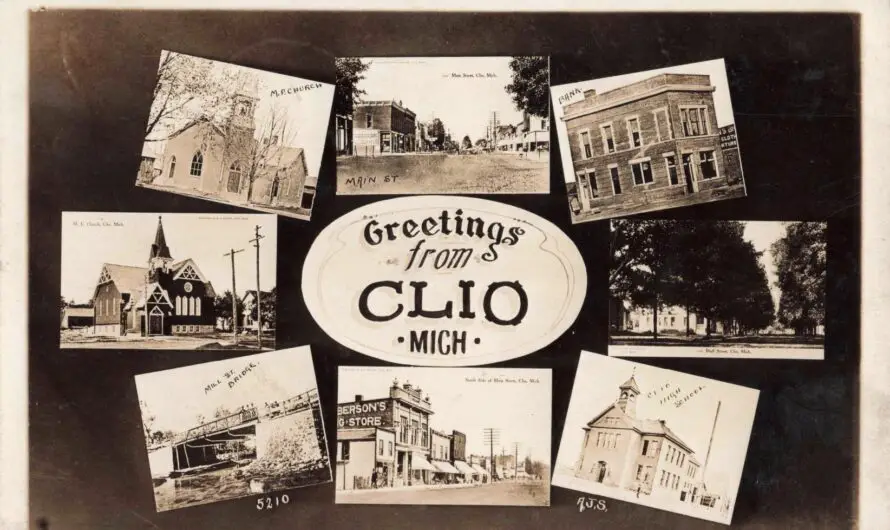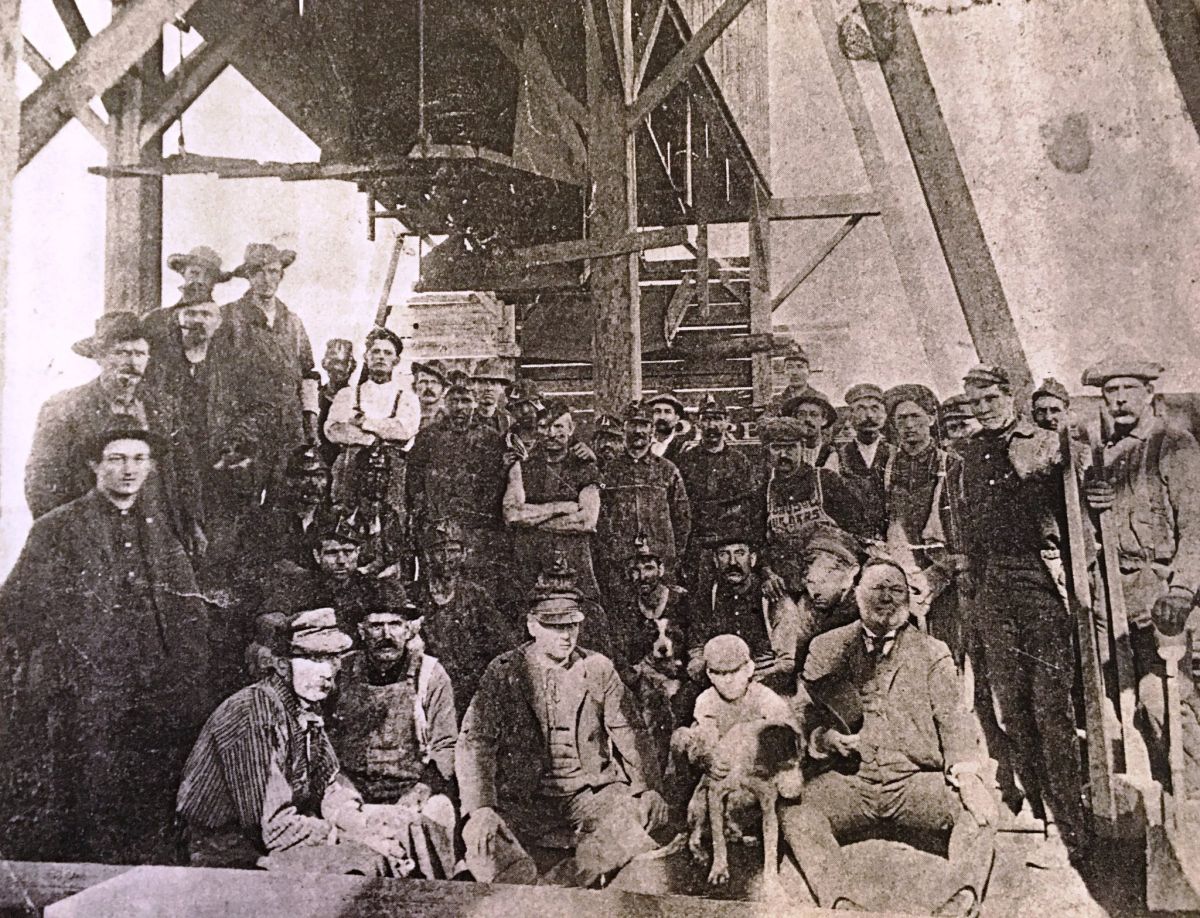The History of Munger Michigan – A Growing Farming Village on the Rails 1871- 1920
Rare images from 1900–1920 bring the history of Munger, Michigan to life. See the depot, blacksmith, schoolhouse, and families that shaped this farming village in Bay County.

